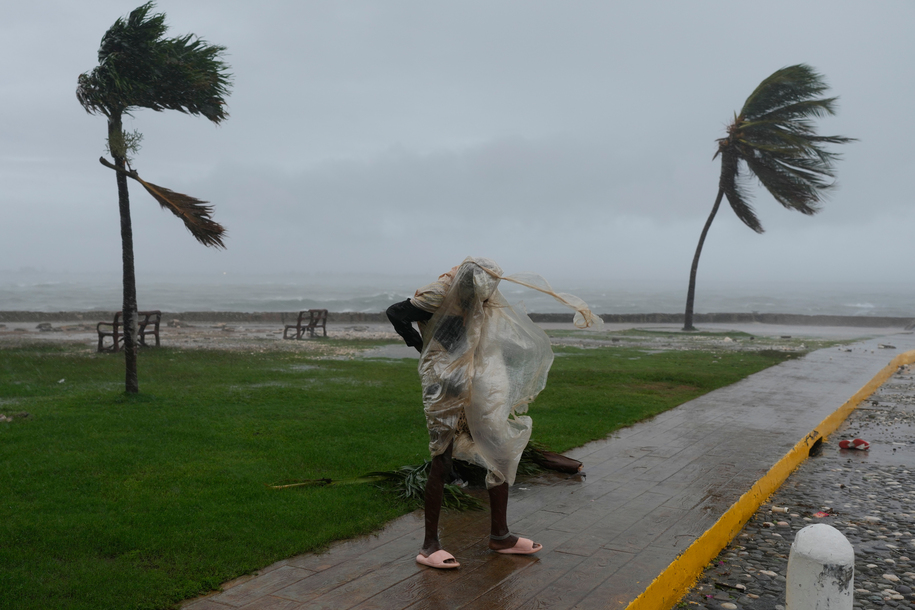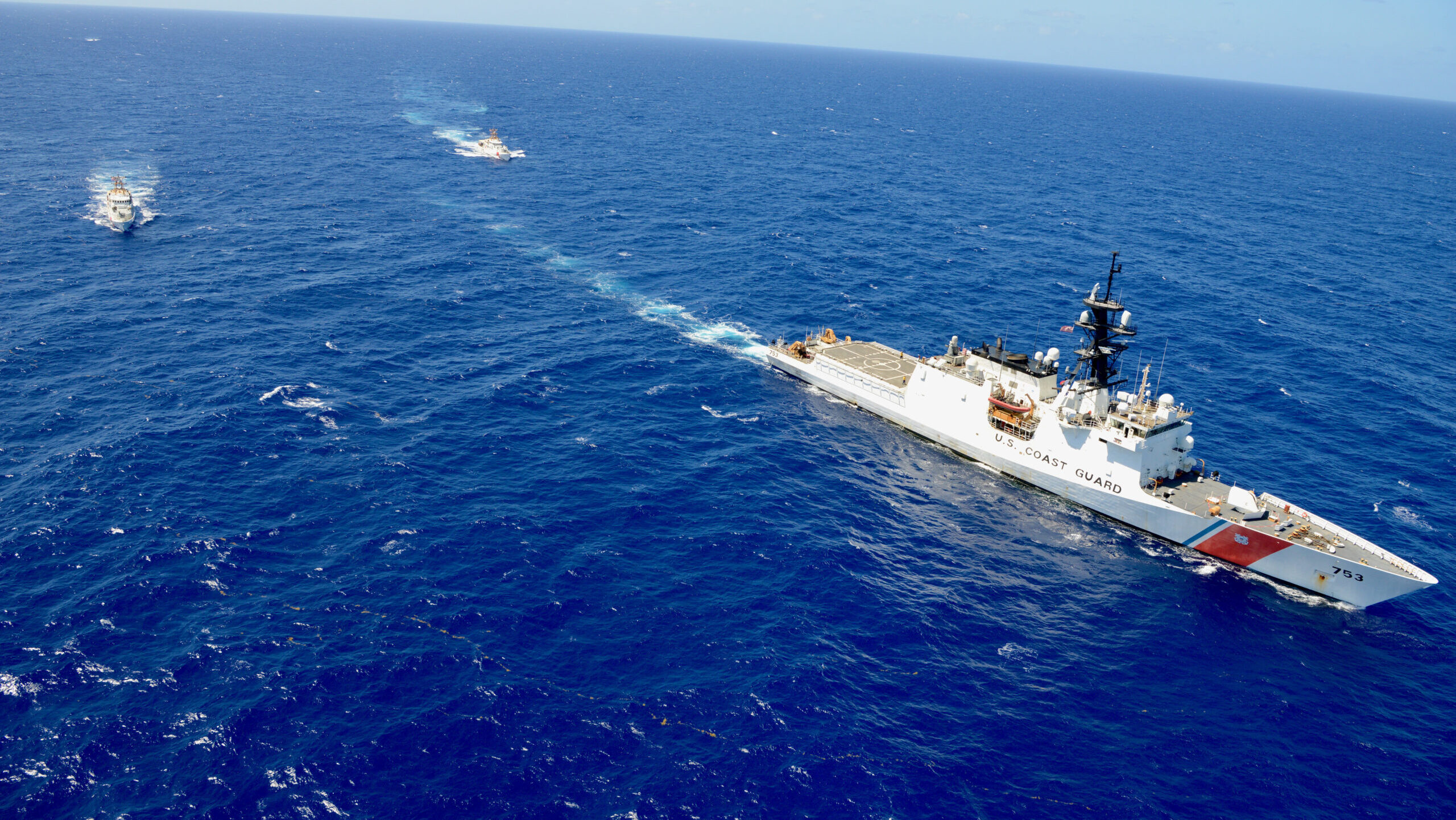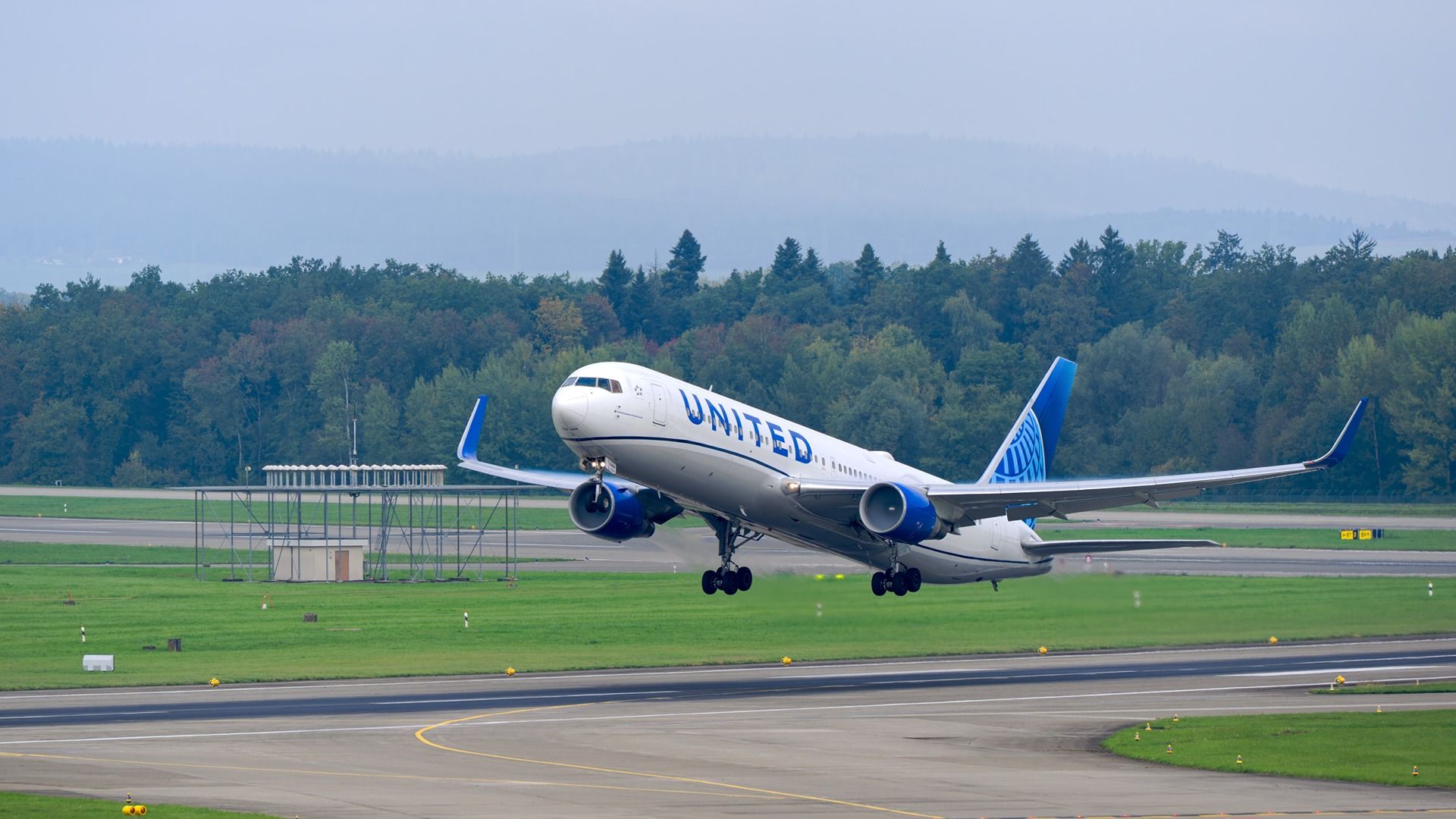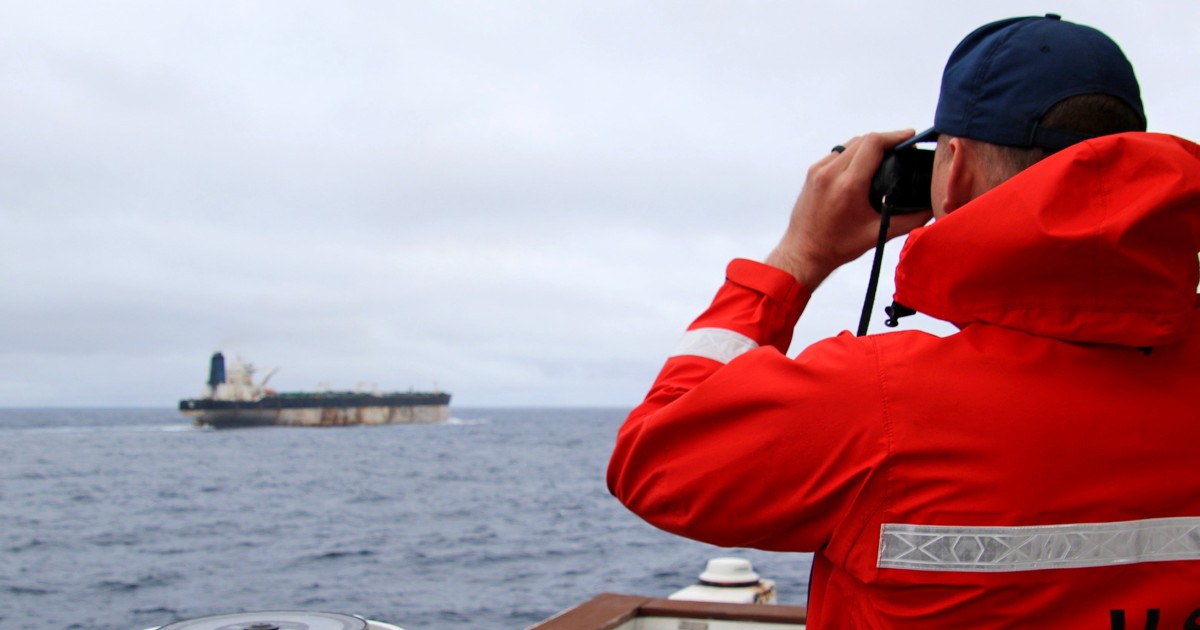Hurricane Melissa struck the Caribbean approximately two weeks ago, causing catastrophic damage across multiple nations, including Jamaica, Haiti, and Cuba. According to initial reports, the storm has claimed over 67 lives and left significant infrastructure in ruins. As recovery efforts intensify, the need for a coordinated global response has never been clearer.
Impact and Humanitarian Response
In Cuba alone, more than 54,000 individuals have been displaced, with approximately 7,500 currently residing in official shelters, according to the United Nations Office for the Coordination of Humanitarian Affairs (OCHA). The extent of the destruction is alarming, with over 600 health facilities and 90,000 homes reported as affected. UN agencies have mobilized to assist around 140,000 people, providing essential services through shelters and community kitchens. They are also distributing agricultural tools and livestock feed to help restore livelihoods and prevent further food insecurity.
In Haiti, the storm’s aftermath has been equally devastating, resulting in over 40 fatalities and widespread destruction across several departments. Humanitarian organizations are ramping up their operations to address the dire needs of the affected population.
The United States has announced that it has allocated nearly $37 million in emergency assistance for recovery efforts in the region, as stated by the Department of State. While this funding is crucial, many observers argue it falls short compared to other international commitments, such as the proposed $40 billion bailout for Argentina.
Community and Global Involvement
Support for the recovery efforts is also emanating from various nations and communities. Canada has been recognized for its contributions to Jamaica, while Venezuela has sent additional aid to Cuba. Communities across the United States are stepping up as well, with various fundraising and support initiatives emerging from places like Austin, Texas, and New England.
As discussions surrounding climate change continue at COP30 in Brazil, the impact of Hurricane Melissa is central to the dialogue. UnaMay Gordon, a former director of climate change for Jamaica, highlighted the urgency of the situation, stating, “Every single Jamaican now knows the word catastrophic.” The storm has resulted in losses not only in lives but also in cultural heritage, with significant structures destroyed. The financial toll is estimated to be between 28% and 32% of Jamaica’s GDP from the previous year, a staggering figure that underscores the need for immediate action.
The call for radical change is echoed by various leaders, including Theresa Rodriguez-Moodie, CEO of the Jamaica Environment Trust, who emphasized the necessity for adaptation financing and immediate support for Loss and Damage initiatives. “Now is not the time to pause,” she stated, urging global leaders to take decisive action.
As the Caribbean grapples with the aftermath of Hurricane Melissa, the collective responsibility for recovery and support is clear. Organizations like World Central Kitchen are actively providing food and equipment to affected families, showcasing the power of community solidarity in times of crisis.
The road to recovery will undoubtedly be long and challenging. However, through international cooperation and steadfast commitment to rebuilding, there is hope for the Caribbean nations affected by this devastating storm.







